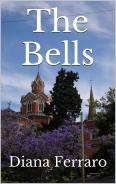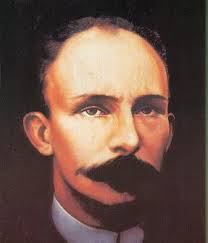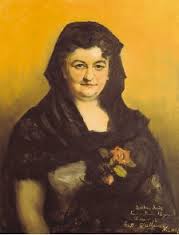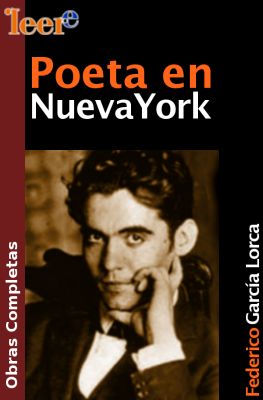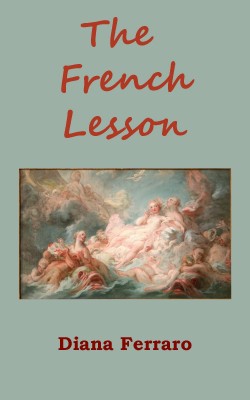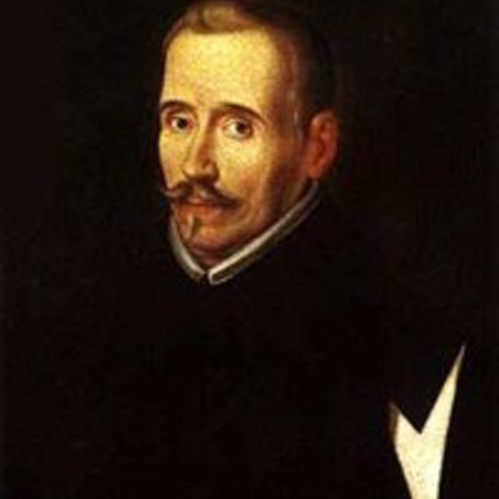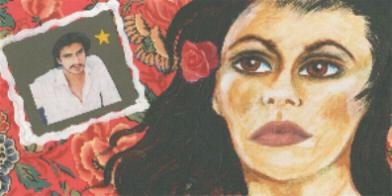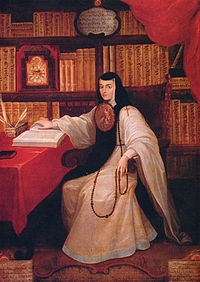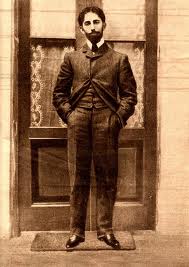The New Internationalist, a British publishing house, has just published a great anthology: “COOKED UP: FOOD FICTION FROM AROUND THE WORLD,” compiled by Elaine Chiew. I contributed with one piece “Ghost-Eating in Buenos Aires,” a memoir.
Cooked Up: Food Fiction from Around the World
Posted in General
The Bells
Now on Kindle Amazon, my new collection of short stories, “The Bells.” An Argentine setting with Argentine characters and English used as another tool for a national literature.
Posted in General
The Legacy of Spanish Theater
In the Spring issue of The Linnet’s Wings, an essay on The Legacy of Spanish Theater, with translations of Calderón de la Barca, Lope de Vega, Federico García Lorca and a song of the zarzuela Doña Francisquita. Doña Rosita la Soltera is one of my favorite plays of all times and you can enjoy the translation into English of Doña Rosita’s famous monologue and maybe read some day the whole play. It’s García Lorca at his best!
Link: http://www.thelinnetswings.org/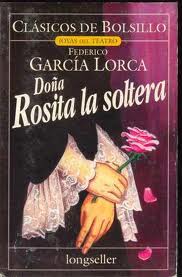
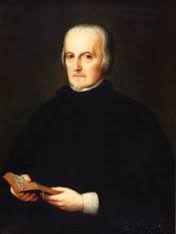
Posted in General
Cuban Literature
Posted in General
Spanish Women Writers
Posted in General
Buenos Aires: A Literary City
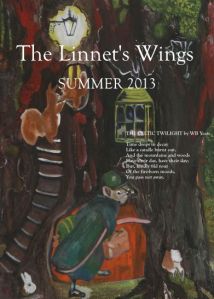
In The Linnet’s Wings Summer issue a new essay, Buenos Aires: A Literary City, with Buenos Aires famous writers’poems and one song translated into English.
Posted in General
Nueva York, a Hispanic Variation of the Literary Dream
My essay on the Hispanic–Spanish and Latin American–writers who have lived and dreamt in New York is on the online and print edition of THE LINNET’S WINGS with some translated poems from “Poet in New York” by Federico García Lorca.
Posted in General
The Map of Solitude
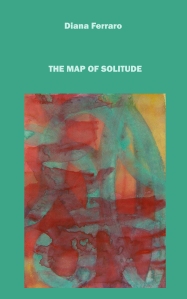
My first collection of short stories in English “The Map of Solitude” is now available on Amazon Kindle HERE. This is the last of my three books based on my Latin American-American life experience: the collection of short storie “La vida americana” and the novel “La voz de Mercedes,” both in Spanish, can be also found at Amazon Kindle.
Latina literature lovers, I hope to hear from you!
“The Map of Solitude” es una recopilación de mis cuentos en inglés. Algunos fueron publicados en revistas literarias.
Es el tercero de mis tres libros basados en mi experiencia como Latinoamericana en los Estados Unidos y el único en inglés. Los anteriores, la colección de cuentos “La vida americana” y “La voz de Mercedes” están en castellano, también en la tienda de Amazon Kindle.
Posted in Diana Ferraro
The Next Big Thing
The Next Big Thing series is a chain of self-interviews where authors talk about their new/forthcoming collections and projects.Tara Laskowski invited Cliff Garstang who invited Nonnie Augustine who generously invited me.
I’ve been friends with Nonnie since my first days in the Zoetrope Virtual Studio back in 2006. We shared chats, work and workshops at many of the Zoe wonderful offices that I’d joined in the hope of improving my writing in English, after many years of writing and publishing in Spanish. Now, Nonnie and I are part of The Linnet’s Wings‘ staff where she’s the most dedicated poetry editor. Nonnie, a fine poet herself, has just published her chapbook of poems One Day Tells its Tale to Another and it’s absolutely necessary that you click here to see what Nonnie says in her self-interview and here to access her book and see how, while other poets only sing, Nonnie also succeeds to dance with her words.
At the bottom of this post, I’ll link to the blogs of some of the writers who will post their self-interview in the coming days. I’ve invited another friend from Zoetrope, Len Joy, who kindly accepted to participate. He will speak about his forthcoming novel American Jukebox, where he features a not too frequent character: a sportsman, a minor league pitcher who is expected to join the major league and instead loses his career, his wife and his son’s admiration, entering afterwards into a new game, on the field of emotions unknown to him.
Which is your working title of your book (or story)?
My novel The French Lesson was published at Amazon Kindle in September 2012 and can be browsed here, at the Kindle Store .
Where did the idea come from for the book?
I had completed a collection of short stories addressing the relationship of Latin Americans and Americans, mostly love stories, but I wanted to write a novel about a whole Argentine subject. Because I had a problem writing in English about Argentine people and themes, I found a solution in setting a story in the neighborhood in Buenos Aires where I grew up, which was at that time almost totally Anglo. Some Argentine families like mine as well as other foreigners chose the place because of its beauty and quietness, but the dominant landscape had a British accent and the language you heard from neighbors and in the street was English. Because I had a French education, I felt comfortable to center the story on this third culture, as a contrast to the dominant British and the enveloping Argentina of post-Perón’s times, that is, the late fifties.
What genre does your book fall under?
It’s a typical, classical coming-of-age novel that even now defies some conventions, and the law.
Which actors would you choose to play your characters in a movie rendition?
The French professor—the true star of this novel—could well be played by Johnny Depp, because he is unconventional and sexy and also because he has developed a French accent and attitude along his years in France. The heroine who will learn everything, including how to make love, should be a 15 year old Salma Hayek.
What is the one-sentence synopsis of your book?
A man who has fought for his freedom gives a fifteen year old girl a lesson about sex, literature and life.
Was your book self-published or represented by an agency?
Self-published.
How long did it take you to write the first draft of your manuscript?
I wrote it in four months from March to June 2011. Later I reviewed it, and finally I worked with another great Zoe friend, McKenna Donovan, my guardian angel, to make sure my English went through smoothly and without my usual Spanish syntax and prepositions mistakes.
What other books would you compare this story to within your genre?
I had somehow in my mind Colette’s Gigi, which I also mention in the novel, and also Chéri. The very French idea that sex can be learned from someone older and more experienced, making no moral fuss about it.
Who or what inspired you to write this book?
Besides the setting, I wanted to bring back my own years as a teenager and the struggle we had to break away from prejudices. It’s a historical novel because it shows the spirit of a revolution which was brewing in the immediate years before the ‘60s. I was part of that baby-boom generation (in Argentina, the Perón and Evita children) which crossed the bridge to modernity.
What else about your book might pique the reader’s interest?
If there’s a world literature I know well, that’s the French. Since the professor gave primarily French literature and language lessons, there’s a lot to enjoy for those who are fond of French culture and writers.
Thanks again, dear Nonnie Augustine, for giving me the chance of speaking about my book!
Len Joy will post on December 21st about American Jukebox in his blog Do Not Go Gentle at http://lenjoy.blogspot.com
Meg Pokrass will post on December 21st about Happy Upside Down, a forthcoming collection of flash, on her blog http://www.flash-fiction.com
Jennie Coughlin will post on December 28th about the forthcoming All That is Necessary on her blog http://jenniecoughlin.wordpress.com/
Cynthia Reeser will post on January 4th about Tales from the Hillbilly Underground: Stories from a Coal Miner’s, the working title of her short story collection on her blog to http://cynthiareeser.blogspot.com/.
Posted in General
Christmas is Navidad at The Linnet’s Wings
“Christmas is Navidad,” my essay about Christmas in the Catholic Hispanic world and how its specific images have inspired Spanish and Latin American poets, appears in the December print issue of The Linnet’s Wings. It includes several Christmas poems in Spanish of San Juan de la Cruz (1542-1591); Lope de Vega (1562-1635) Juan Ramon Jiménez (1881-1958); Gerardo Diego (1896-1987); Luis Rosales (1910-1992); Rubén Darío (1867-1916) and Amado Nervo(1870-1919) and my translation into English.
Posted in Diana Ferraro
The Flag
My flash, The Flag, has been published in the December issue of
YELLOW MAMA
Posted in Diana Ferraro
Latin American Women Poets
An article on Latin American Women Poets with poems excerpts translated from Spanish and a new translation of a Sor Juana Inés de la Cruz’s famous poem at: The Linnet’s Wings
Posted in General
Translations from Spanish
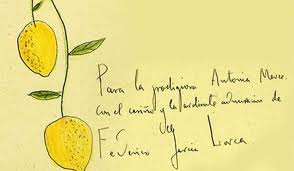 At the magazine “The Linnet’s Wings,” in the section Crossed Swords:
At the magazine “The Linnet’s Wings,” in the section Crossed Swords:
The Spanish-American War and The Cuban Independence War: two writers, José Martí and Stephen Crane
The Spanish Civil War, with poems from Antonio Machado and Federico García Lorca
Posted in Diana Ferraro
Translations from Spanish
The Feather Pillow, a short story by Horacio Quiroga, the founding father of the Argentine short story and a poem from Rimas by the Spanish poet Gustavo Adolfo Bécquer.
Both at The Linnet’s Wings
Posted in General
New Published Story
Posted in General


